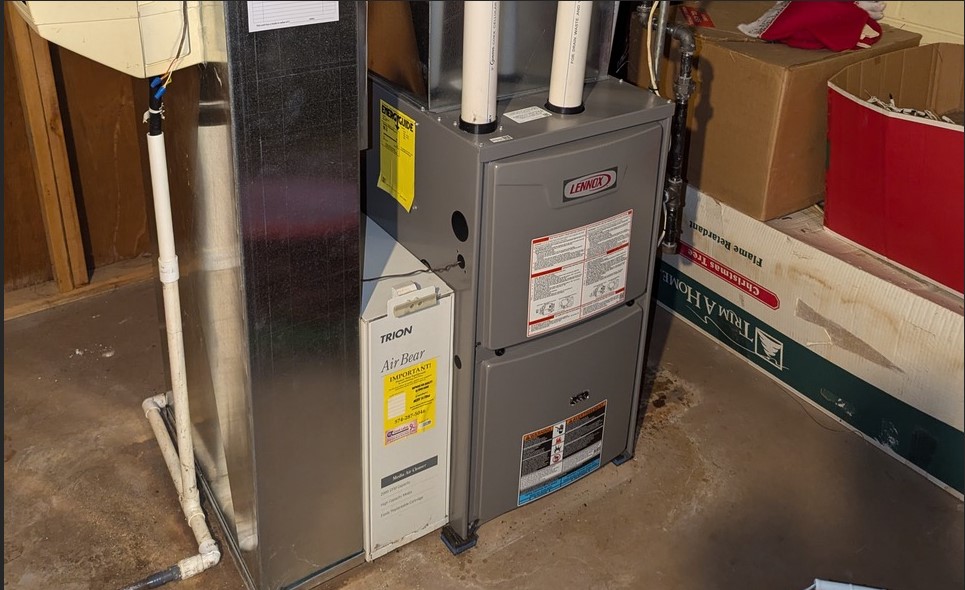
In today's world, where energy efficiency and cost savings are on everyone's mind, homeowners are increasingly exploring options to upgrade their HVAC systems. Even if your current system is still operating, there are numerous benefits to replacing it with a new, more advanced system.
Increased Energy Efficiency
Modern HVAC units are engineered with substantially higher Seasonal Energy Efficiency Ratio (SEER) ratings. This means they are designed to use less energy while providing the same level of heating or cooling. By upgrading to a newer model, you can significantly reduce your energy consumption, leading to substantial savings on your utility bills over time.
Lower Operating Costs
The immediate financial benefit of a more energy-efficient system is evident in your reduced monthly utility bills. An HVAC system that consumes less energy will directly impact your household's operating costs, allowing you to allocate your budget to other needs or savings.
Improved Comfort
Gone are the days when HVAC systems simply provided basic heating and cooling. Today's systems offer a range of features that enhance indoor comfort. Variable-speed motors ensure more consistent temperature control, while advanced technologies focus on improving air quality. This all leads to a more comfortable and healthier living environment for you and your family.
Extended Lifespan
Older HVAC systems can be prone to frequent breakdowns, leading to costly repairs. By investing in a new system, you gain the benefit of longevity. Modern systems are built to last longer, reducing the need for repairs and the associated costs.
Warranty Coverage
One of the often-overlooked advantages of new HVAC systems is the warranty. Manufacturers typically offer extensive warranties on new equipment, giving homeowners peace of mind and protection against potential malfunctions. This warranty can be a crucial factor in avoiding unexpected repair expenses.
When Should You Consider Replacing Your HVAC System?
- Age of the System: If your system is over 15 years old, it's likely nearing the end of its effective lifespan. An upgrade could not only improve efficiency but also prevent future issues.
- High Repair Costs: Frequent or expensive repairs are clear indicators that a new system may be more cost-effective in the long run.
- Decline in Performance: If you notice uneven heating/cooling or a spike in energy bills, your current system might be struggling to meet your household demands.
In conclusion, while it's tempting to hold onto a working HVAC system, the benefits of upgrading to a modern unit are substantial. Not only do you get increased energy efficiency and cost savings, but you also experience improved comfort, longer system lifespan, and the reassurance of warranty coverage. If your system is old, requiring frequent repairs, or underperforming, now may be the perfect time to consider a new investment in your home’s comfort and energy efficiency.

